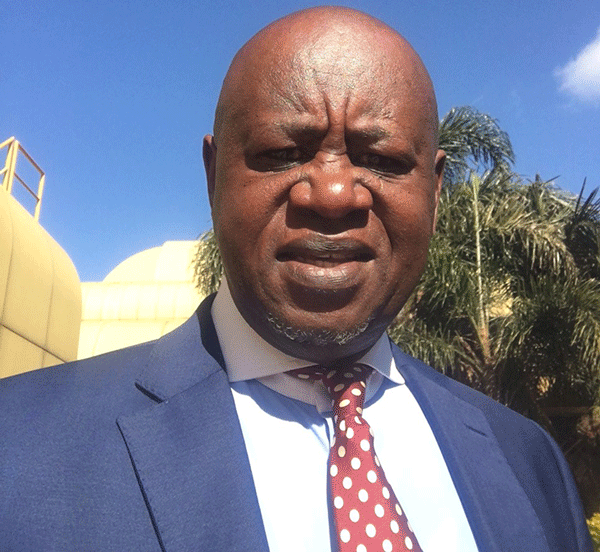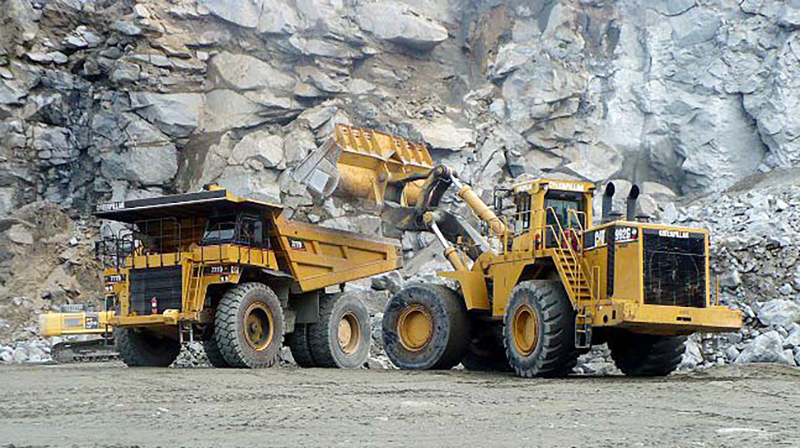
BY Vince Musewe ECONOMICS is really about human development. If it is failing to achieve that, it means that its policies are inappropriate and must naturally be changed.
For many years, we have seen and heard multiple narratives on our economic conditions that have depended on who is articulating that narrative. On the one side, we have politicians who have tended to interpret the economy based on their political motives and what they seek to believe.
We then have the business sector and academics who, on the other hand, have also taken a binary view on things. There are those who fear to say things as they are and support the political narrative, while others seem to be very objective. This has resulted in a diluted narrative which depends on who one wants to listen to and where one’s interests are vested in.
Ultimately, we have failed to have one collective, honest and objective narrative of our economic conditions as experienced by the majority.
This failure has led to misinformed policy mis-steps and the lack of a united popular drive to make the necessary political and economic changes so that we may begin to experience sustainable socio-economic development.
Granted, our economy has become a complex economy which is dynamic and in constant flux. As a result, policy predictability is now a thing of the past and this is made so because we now have a highly informalised economic ecosystem.
Added to this is the fact that we have multiple economic agents each seeking to maximise profits, be it cartels, retailers, currency speculators, miners, middlemen and all sorts, including State agents and enterprises.
We have a mishmash of competing interests, all geared for short-term gain at the expense of long-term economic development.
- Chamisa under fire over US$120K donation
- Mavhunga puts DeMbare into Chibuku quarterfinals
- Pension funds bet on Cabora Bassa oilfields
- Councils defy govt fire tender directive
Keep Reading
The politics around our economy have not made things better. There is this persistent false narrative that we continually have detractors who are keen on sabotaging government, which continually blames exogenous factors for what are, in fact, man-made economic problems which we have contributed to.
Unfortunately, what this does is to remove the responsibility from government of changing its economic approach and paradigm.
The statement that “there is no economic crisis” does little to create confidence and the urgency for the need to revisit the thinking around restructuring or reforming an economy that is no longer sufficient to meet the needs and aspirations of many.
Transforming any economy is not easy. It is a process and not an event.
However, it requires clarity of purpose from leadership and a clear strategy and implementation framework which must be continually monitored and evaluated.
It also requires a buy-in from all economic agents and stakeholders and the politics becomes important. At this juncture, it appears to me that government is in one corner with its own narrative and priorities, while everyone else just has to make the best of it.
There is, therefore, an inherent conflict of intentions and interests within and without and this has resulted in what we have — an economy where fundamentals are indicating progress, but is dominated by informality, lack of stability and general dysfunctionality.
The first issue we need to be honest about is the government and political leadership’s sincerity and commitment to change things for the better.
Government can certainly do better to continually demonstrate its unshakable commitment to make lives better for all citizens. Key to this will be ensuring inclusivity in economic opportunities for all and dealing with corruption.
Second, there is no unity of purpose among economic agents, there is no overwhelming obligation to do good and develop our country. This includes those who may be foreign investors. Each one is doing what they can get away with to make as much profit as possible by any means possible. This has added to increasing levels of corruption and an increase in illicit economic activities.
Money has become a national god, while talent and virtue offer no advancement.
Third, there is too much of a prescriptive nature in our governance at the expense of collaboration and consultation.
This has led to policy mistakes which continue to cost us. There is no respect that those outside certain political circles might know better through experience and better knowledge.
This continues to cost us as we implement policies which do not have the benefit of hindsight or better alternatives.
Fourth, we do not respect talent and skills, nor do we honour the living for their contributions to our society in any field whether it be business, sports entertainment and academia, among many others. Societies develop and do better through the recognition and acknowledgement of raw talent.
There are many Zimbabweans out there who are exceptionally gifted to contribute to the growth and development of our society, but we ignore them. We are jealous and we fear that their brilliance may outshine ours. That is sad, indeed, and limits our potential as a country.
In my opinion, these are some of the areas we need to look at and improve so that we can have all hands on deck.
The issue of price stability is a critical economic fundamental which is experienced by everyone regardless of their political or economic status or interests.
The inflationary pressures being faced in our economy have a serious impact on both business and individuals.
Business cannot plan ahead and individuals are getting poorer by the day. That is a recipe for disaster that everyone needs to accept.
Where its not for the increased diaspora remittances which topped US$2 billon last year, we would definitely be seeing widespread urban poverty and a catastrophic collapse of aggregate demand.
- Vince Musewe is an economist. He can be contacted on [email protected].









